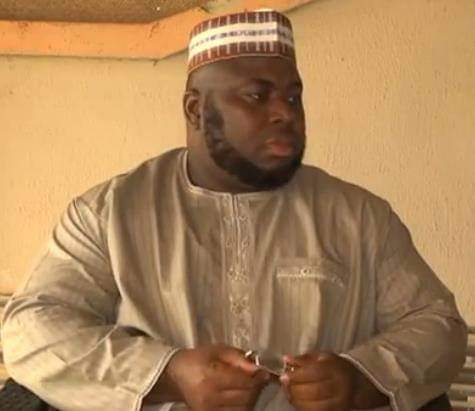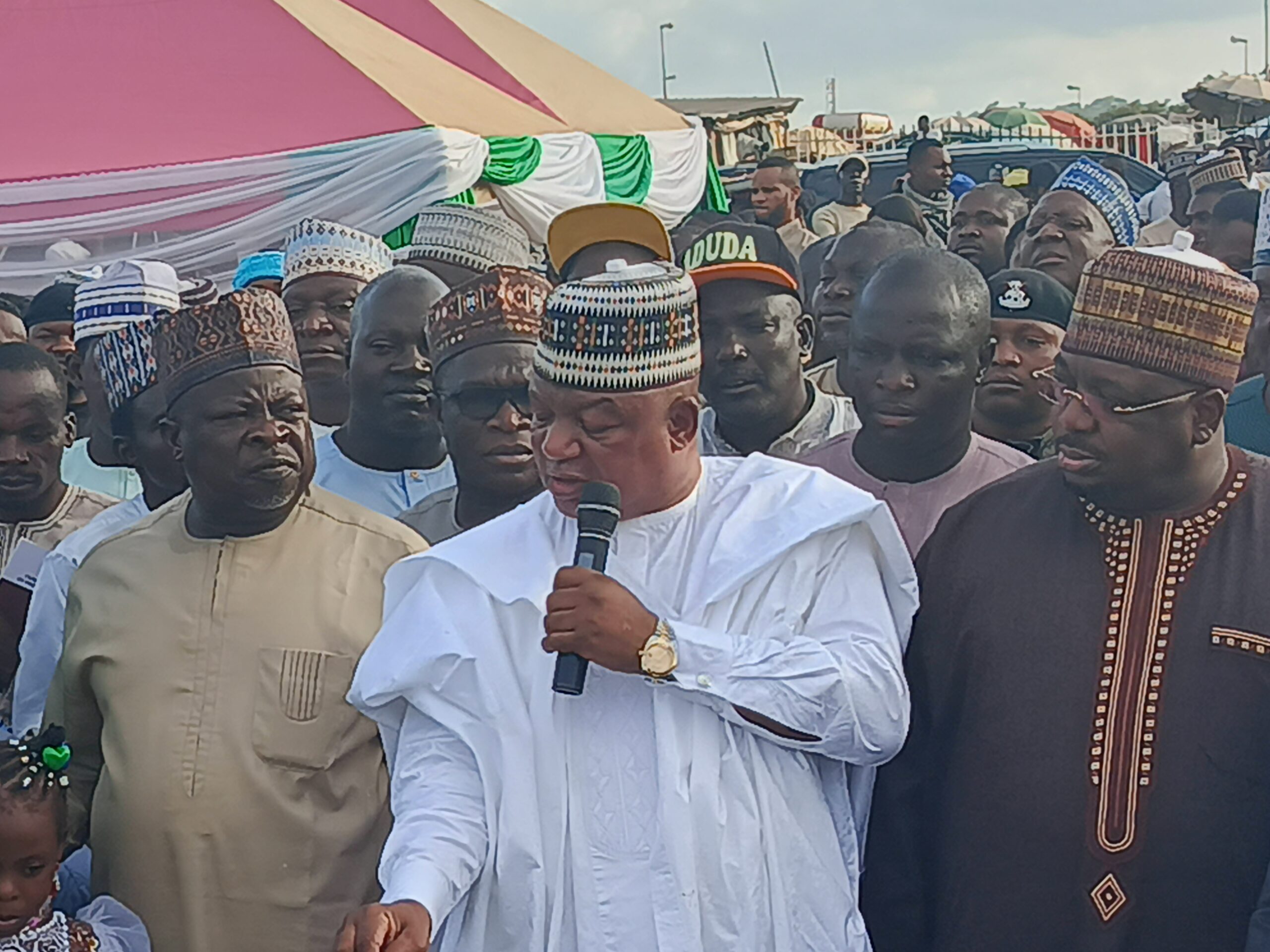By Kelechi Okoronkwo
For a long time, more than twelve years, Nigeria wore a “Lowest Tax-to-GDP (Gross Domestic Product) Ratio” in the whole world like a garment. In tax and economy conferences and public discussions both local and internal, Nigeria’s tax-to-GDP status was always on the front-burner.
While some people showed genuine concern, others scorned Nigeria for having a Tax-to-GDP ratio quoted as hovering around five to six percent.
Earlier in May, 2023, the Chartered Institute of Taxation of Nigeria (CITN) expressed genuine worry about Nigeria’s tax system and the Tax-to-GDP ratio.
The CITN was not alone in expressing concerns on the presumed low and static ratio. And it was worth showing concerns for. The implication of this statistic was that despite enormous effort at reforming Nigeria’s tax system, the system was not getting any better in terms of tax revenue contribution to the GDP.
It also meant that Nigerians and Nigerian taxpayers are not tax compliant; and that tax authorities in Nigeria are not upping their game on getting the taxpayers to comply. More: it also meant that the people may have lost confidence in the Government, hence their refusal to pay their taxes. But little did we know that Nigeria’s tax system is not performing as badly as we had thought.
Recently, in his effort to measure the progress which the Federal Inland Revenue Service (FIRS) has made in terms of institutional reforms and its impact on tax revenue collection and contribution to the GDP, the Executive Chairman of FIRS, Muhammad Nami, initiated a review of the record on Nigeria’s tax-to-GDP. This review was carried out in collaboration with the Nigerian Bureau of Statistics (NBS) and the Federal Ministry of Finance using data from 2010 to 2021. Upon conclusion of the review, the NBS on May 25, 2023 communicated to the FIRS that Nigeria’s tax-to-GDP as at December 2021 was 10.86 percent.
The revision took into account revenue items hitherto not previously included in the computations; particularly, relevant revenue collected by other agencies of government.
Tax-to-GDP ratio is a measure of a nation’s tax revenue relative to the size of her economy as measured by Gross Domestic Product (GDP). The ratio is a useful tool for assessing the “health” of a country’s tax system, and highlighting its tax potentials relative to the size of the economy. It is the ultimate measure of the effectiveness of a nation’s tax system compared to other countries.
In a statement announcing the new Tax-to-GDP ratio, the Executive Chairman of FIRS, Mr. Muhammad Nami, explained that sources which previously put the country’s Tax-to-GDP ratio at between 5% and 6% did not consider tax revenue accruing to other government agencies in their computation. Particularly, revenues collected by agencies other than the FIRS, Customs and States Internal Revenue Service were excluded. This situation was peculiar to Nigeria as most other countries operate harmonised tax system (all or most tax revenues are collected by one agency of government) with single-point tax revenue reporting. As such, all relevant tax revenues are included in the computation of the Tax-to-GDP ratio.
“In order to correctly state the Tax-to-GDP ratio, the FIRS initiated a review and re-computation of the ratio for 2010 to 2021. In recomputing the ratio, key indicators that were previously left out were taken into account. This resulted into a revised Tax-to-GDP ratio of 10.86% for 2021 as against 6% hitherto reported,” the statement noted.
Mr. Nami further noted that Nigeria’s Tax-to-GDP ratio should ordinarily be higher than 10.86% but for certain economic and fiscal policy factors, including tax waivers and leakages occasioned by the country’s fragmented tax system.
“It is important to note that the Tax-to-GDP ratio for Nigeria should be higher, but for the impact of tax waivers contained in our various tax laws (including exemptions to Micro, Small and Medium Enterprises brought-in by Finance Act, 2019), low tax morale, leakages occasioned by the country’s fragmented tax system and the impact of the rebasing of the GDP in 2014”, he explained.
The FIRS boss implored the government to consider reviewing its policies on tax waivers thereby guarantying increased revenue to prosecute its programmes and positively move the needle of the country’s tax-to-GDP ratio.
The Statistician-General of the Federation, Prince Adeyemi Adeniran, in his letter to the Executive Chairman of FIRS, described the revision as a facelift to the Tax-to-GDP ratio for Nigeria in comparison with other countries.
He further noted that the NBS had “carefully and diligently reviewed the methodology used for computing the revised estimates, as well as the various items that have been included in the new computation,” and that the NBS as an outcome of its review and meetings with FIRS has adopted the new Tax-to-GDP computation.
For Nigeria, and particularly the FIRS, the new tax-to-GDP ratio is both a confirmation and exoneration. It is a confirmation of the efforts made by Governments over the years to reposition Nigeria’s tax system. It also a confirmation of the effort being made currently by the Management of the Service to make Nigeria’s tax system stronger. The new tax-to-GDP ratio is a confirmation of the optimism often expressed by Nami, that Nigeria’s tax system can become the best in Africa and the world by continuous and conscientious application of moral and professional tenets in the administration of taxes in Nigeria.
Kelechi Okoronkwo is an author, and tax practitioner.











